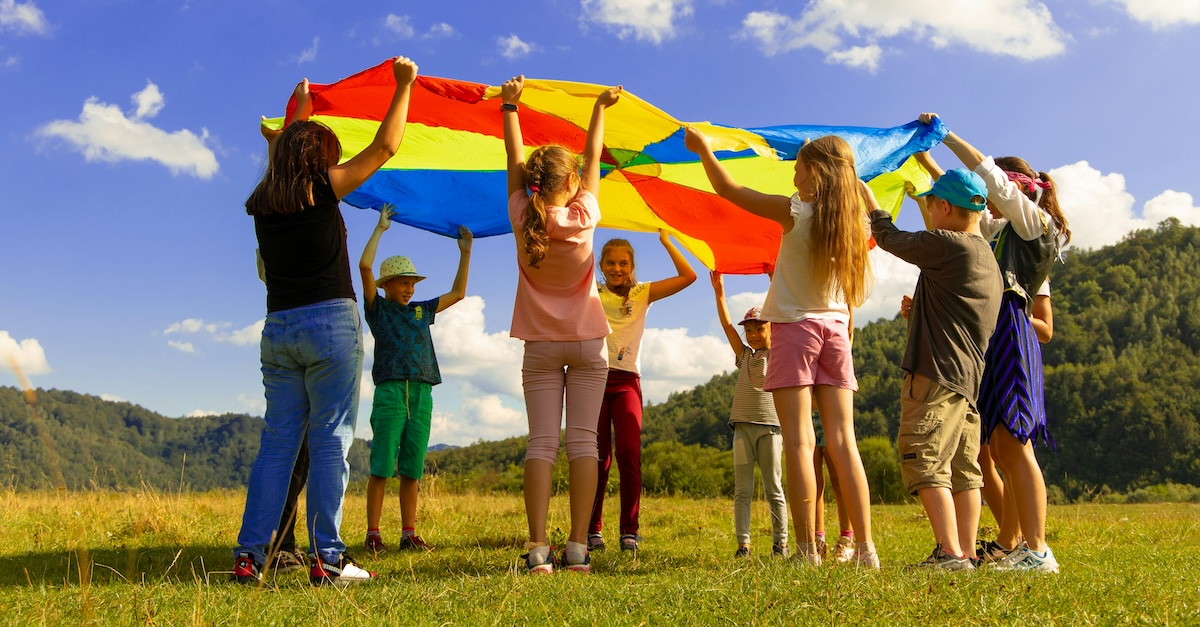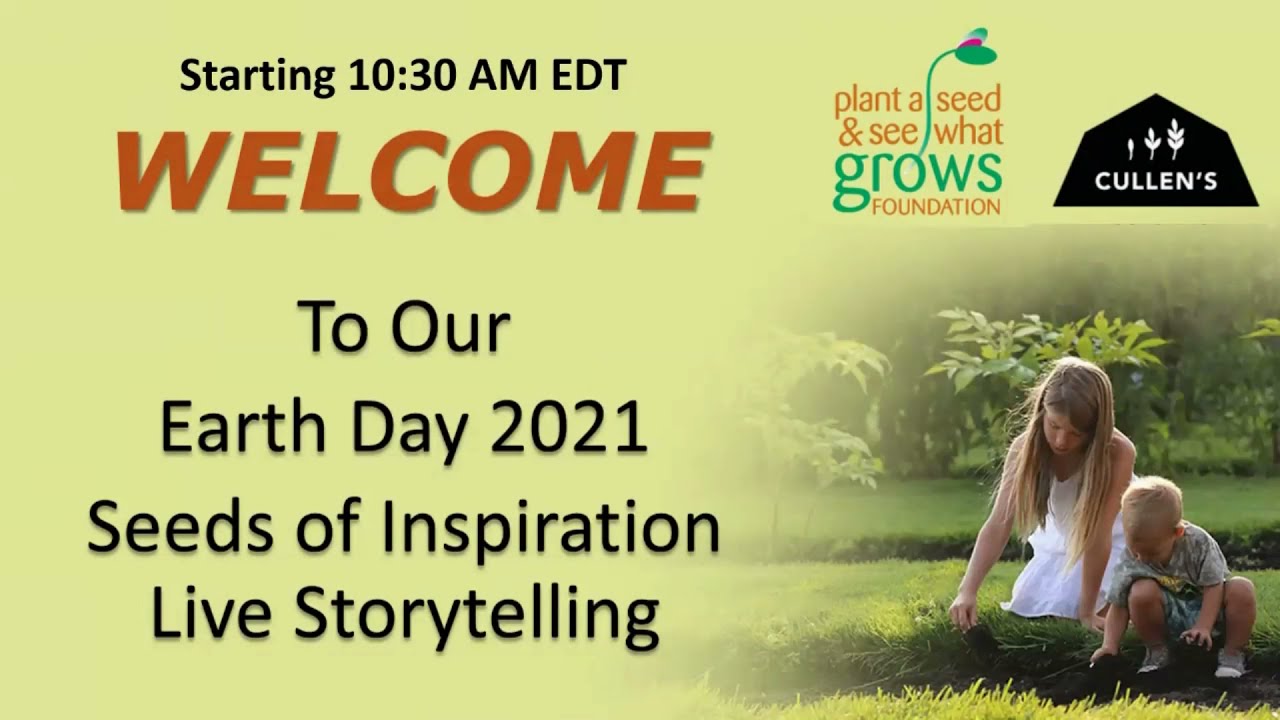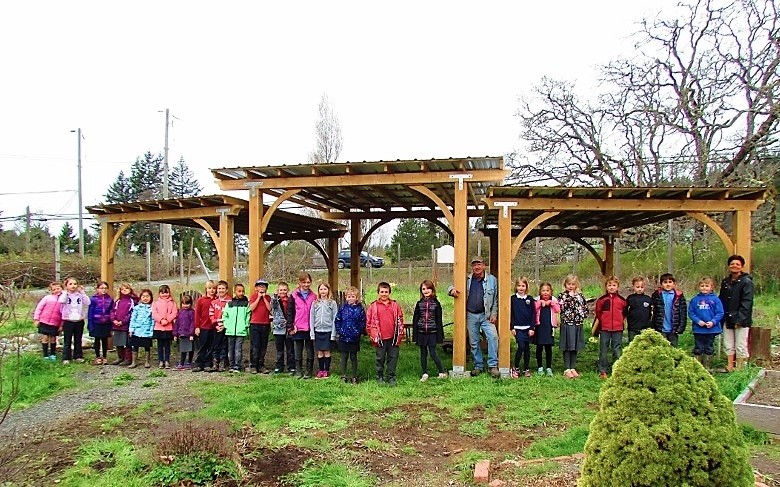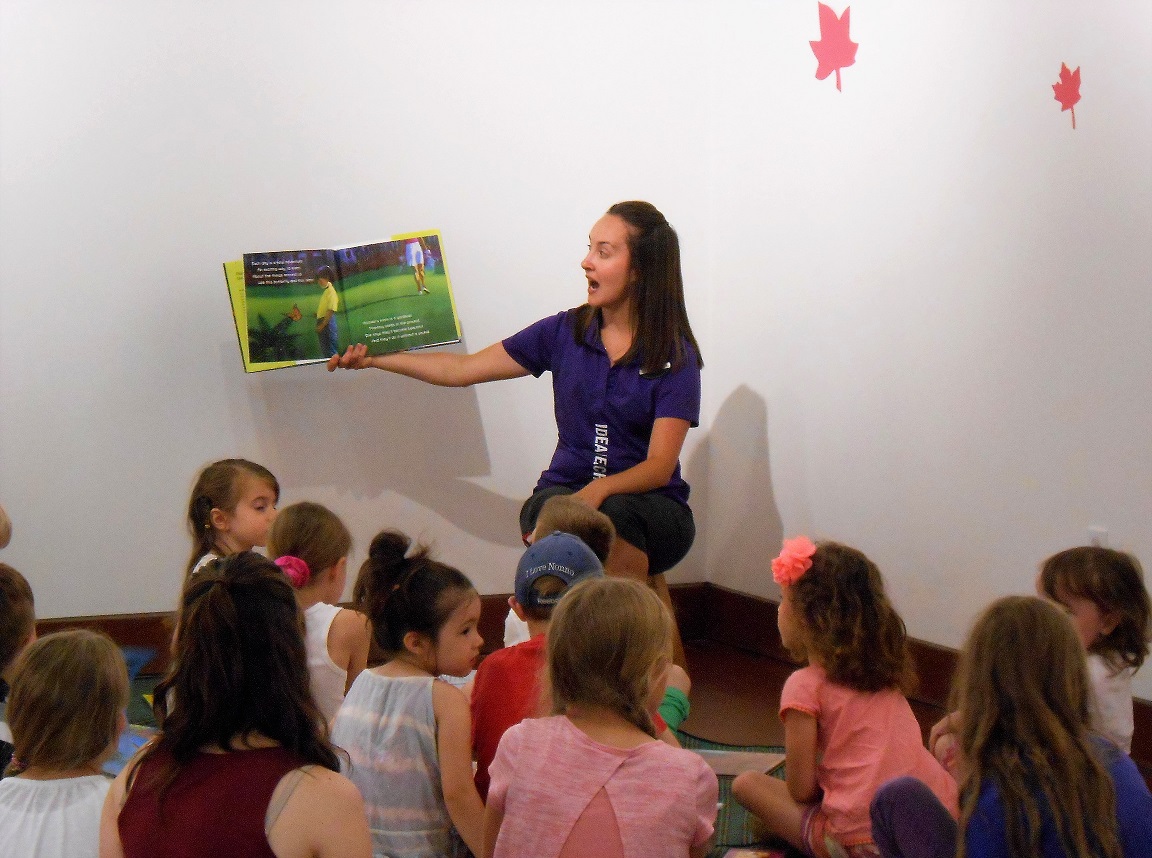Learning (and practicing) Longevity Early in Life

Longevity is a modern concept that refers to a field of “alternative” health that focuses on optimizing health not just to increase one’s lifespan, but to improve quality of life. Treatment is holistic, encompassing a number of medical interventions, therapies, nutritional guidelines, and lifestyle practices. It’s a way of living that tens of thousands of Canadiens each year adopt as they get older and begin to ponder mortality. However, what could make more sense than to begin the process during one’s formative years?
Today’s adolescents have the enviable benefit of being born into an era where society has learned to not only embrace a notion like longevity, but make it a top priority. By initiating longevity practices in youth, their bodies will become healthier vessels to do the wondrous things that their equally heartier minds can imagine. Further, the process is simpler for them. Their physiological and psychological facilities are still blooming, compared to us grownups who are scrambling to repair/regain was has been damaged or lost. Moreover, kids needn’t seek the services of a high-dollar private clinic for platelet-rich plasma and micro-fragmented adipose tissue (whatever they are) treatments and the like. Nope, instead they can practice longevity by simply doing things that kids love to do, if given a loving nudge in the right direction.
As a parent (or educator) the responsibility of teaching longevity to the next generation lands on you, which means that it also lands on us. The Plant a Seed & See What Grows Foundation works tirelessly to inspire and promote holistic health and wellness for kids across Canada which begins by informing their guardians. Read ahead for some helpful tips to promoting longevity for kids.
3 Powerful Things That Promote the Concept of Longevity in Early Adolescence
I. Help Them Learn to Love Nutritious Foods
This can be accomplished via the following:
- Start a home garden
- Get the family involved in a community garden
- Add healthy eating apps to their smartphones and tablets
- Add health-centric (yet fun) cooking programs to their tv/streaming watchlist
- Teach them (or take a class together) to how to cook delicious and nutritious meals
More more insight into these tips, check out Steps to Getting Your Kids Excited About Eating Healthier.
II. Do EVERYTHING Outside
There is no overstating the importance of spending time outdoors. Not only is the fresh air good for one’s lungs, studies show that spending just 15-minutes outside can reduce cortisol (stress hormone) levels, while natural light / sunlight can increase oxytocin and dopamine and subsequently increase feelings of happiness. These mental health effects impact one’s entire physiology and set the table for a longer, healthier, and happier life.
While every parent is aware of the fact that kids should “go outside and play” every once in awhile, it’s important for spending time outdoors to become a more concerted effort if longevity is the priority. Set-up a quaint little outdoor area on the porch or yard for your child to do their reading or homework in (weather permitting). This has a twofold benefit. Not only will your child experience a mental health boost, research has shown that being outside increases cognitive function and learning. Kids even benefit from being outside during their “digital time” (playing games on their devices). Simply stated, if it can be done and enjoyed outdoors, let your kids have at it! Be sure to join them as a part of your own longevity strategy :)
III. Social Networking (no, not that kind)

Wide bodies of research have shown that establishing friendships early in adolescence is important to development. Childhood friendships help kids learn and practice skills related to social, cognitive, communicative, and emotional evolution. All of this contributes to enhanced quality of life later in their teen years and further into adulthood which collectively spills into the concept of longevity.
Has your child struggled to make friends thus far, or in a new environment? These tips will help:
- Teach them to show kindness and compassion to ALL kids in their community
- Teach them leadership and inspirational skills
- Team them to manage their negative feelings
- Teach them socialization by leading by example
View more on each of these steps for How to Teach Your Kids to Make Friends.
The Plant a Seed & See What Grows Foundation inspires and promotes healthy living and learning for kids across Canada. Help us help the next generation by pledging your support too! View more on how you can get involved.








